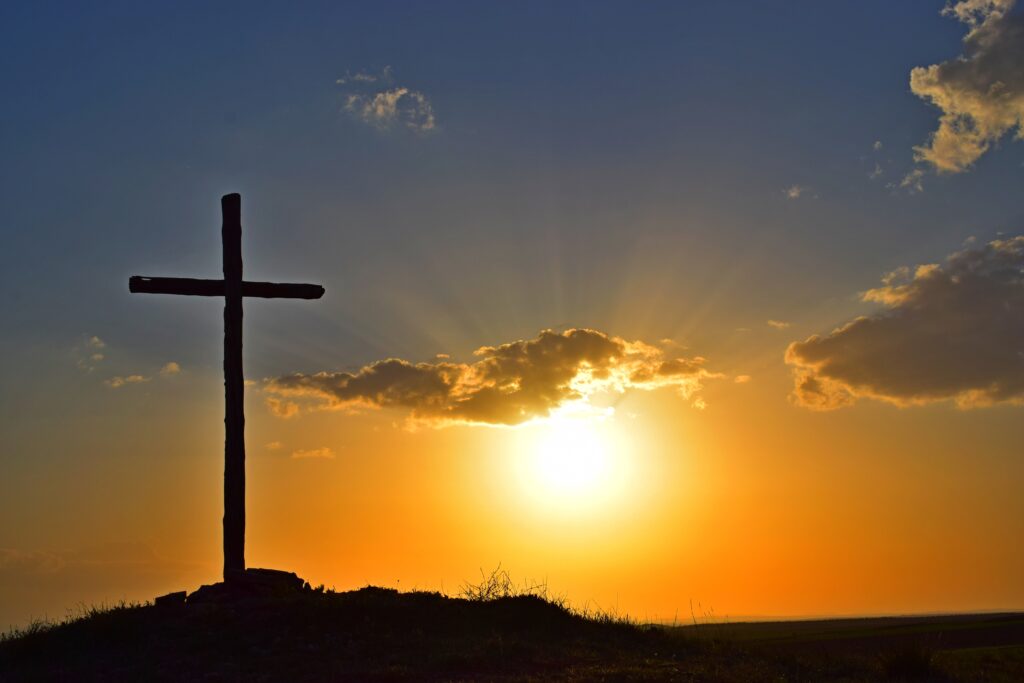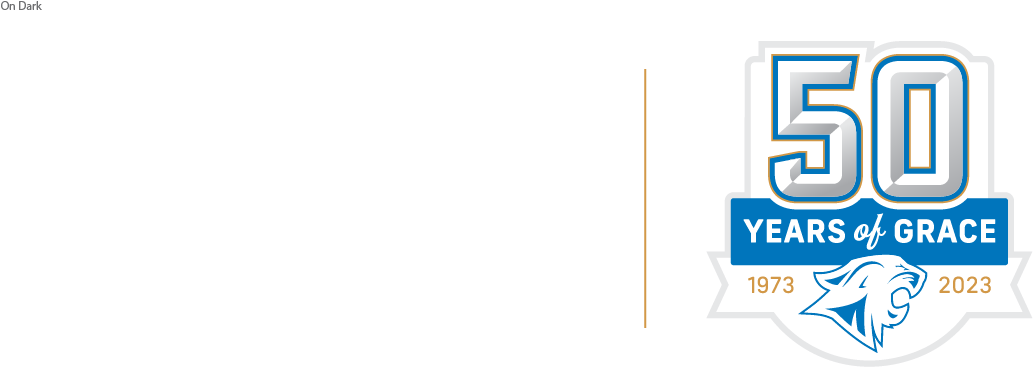Jay Blogs – The Best Day

If you ask kids whether they prefer Easter or Christmas, we all know which one they’d pick. But, growing up, I always wondered why we didn’t make a bigger deal of Easter than Christmas. Even as a kid, the bunny and egg thing made no sense to me. It always seemed more like some weird pagan ritual than a Christian holiday- what the heck do bunnies, eggs, and the first full moon after the spring equinox have do with the resurrection, anyway?
There weren’t really any exciting traditions surrounding Easter: no Easter music playing in malls and on car stereos, no gifts exchanged, other than the aforementioned bunny candy. And, the only Easter tree that stands as a symbol of the season is the cross.
Christmas is a holiday for those young in years, but also less mature in spirit. Who doesn’t love to marvel at new life, at the prospect of a miraculous birth, of a savior who we think will meet all our expectations (no matter how unrealistic), one in whom “the hopes and fears of all the years are met in Thee tonight?”
In contrast, Easter deals with mature, somber themes, those that hopefully children don’t often have to think about, those we sometimes wish we didn’t. Like the impact of crippling suffering in the world, pain so deeply unjust our hearts cry out for some order in the universe that will make things right again. Or, the desolation of loneliness, an inner vacuum so profoundly felt that our hearts cry out for anything to give us hope. Or the dream that, someday, we won’t feel used and manipulated, or forgotten and irrelevant, and instead be truly seen, known, and loved?
Easter provides much bigger answers than Christmas. If not for Easter, there would be no us: no Church, no sons and daughters of a living King, no justice, no hope, no love. If no Church, then no sense of human rights in our culture, or most of our notions of morality, of right and wrong, of respect for life and for each other, all as we currently understand them.
In pre-Christian Roman society, children were commonly left on hillsides to die, women treated like chattel with no real rights, and human beings as receptacles for more powerful people’s pleasure. These were normal, not perceived of as evil or wrong, and were unchallenged assumptions. There are still parts of the world where these are unchallenged norms. Christianity, Easter morning, showed us a different way.
As Westerners, we’re often not even aware how much we rely on this faith to provide basic answers to life, whether or not we are actually disciples of Jesus. Tom Holland, a British historian of antiquity who is not a Christian, notes that these ideals of life and liberty are so deeply ingrained in the Western self they are simply assumed:
Assumptions that I grew up with–about how a society should properly be organized, and the principles that it should uphold–were not bred in classic antiquity, still less of “human nature”, but very distinctively of that civilization’s Christian past. So profound has been the impact of Christianity on the development of Western civilization that it has come to be hidden from view. It is the incomplete revolutions which are remembered; the fate of those which triumph is to be taken for granted.[1]
Even now, in a post-Christian culture, the world around us still attempts in vain to order life and society around the ghost of Easter–what constitutes the good life, freedom, and the common good– while rejecting its Person.
Without Easter, without the Church it birthed, without the ways we think and feel about life and good and evil and our responsibilities to each other as image-bearers of God, there would be no schools or universities, no hospitals or health care systems, no modern Western republics or democracies. There would be none of the non-profits that care for and protect the marginalized and hopeless, because the ethos underlying those entities was born at Easter. No one would care.
As Frederica Matthewes-Green writes, “Easter tells us of something children can’t understand, because it addresses things like the weariness of life, the pain, the profound loneliness and hovering fear of meaninglessness. Yet, in the midst of this desolation we find Jesus, triumphant over death and still shockingly alive, present to us in ways we cannot understand, much less explain. In Him, we find vibrancy of life…He is life itself. As life incarnate, he could not be held back by death.”
I love Christmas, a season of beauty and light. It has its own mysteries and profundities. But the fact that I have new hope, love, and life? That I am not just me, but we, joined in permanent community with an eternal family so that I and we will never have to be alone? That everything noble, and good, and just, and merciful, and true about the last 2,000 years was birthed in that moment when the stone was rolled back and eternity triumphant emerged? And, that someday all this pain and half-empty feeling will be fulfilled, reborn and whole, a distant memory in a perfect continuous reality?
Now, those are things worth celebrating. Easter is the ultimate game-changer. He is risen, indeed! Alleluia!
Jay Ferguson, Ph.D., Head of School at Grace Community School, writes regularly on his blog, JaysBlog.org.
[1] Holland, Tom. Dominion: How the Christian Revolution Remade the World.
